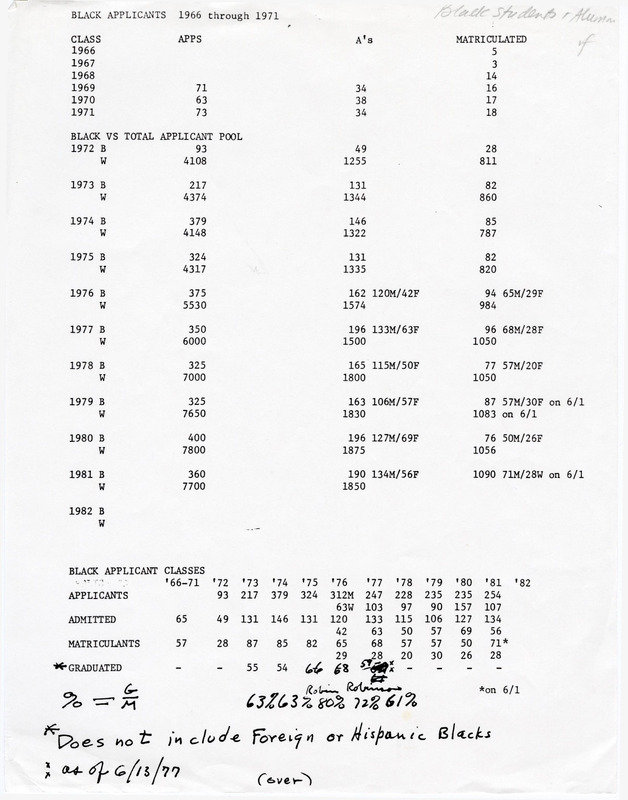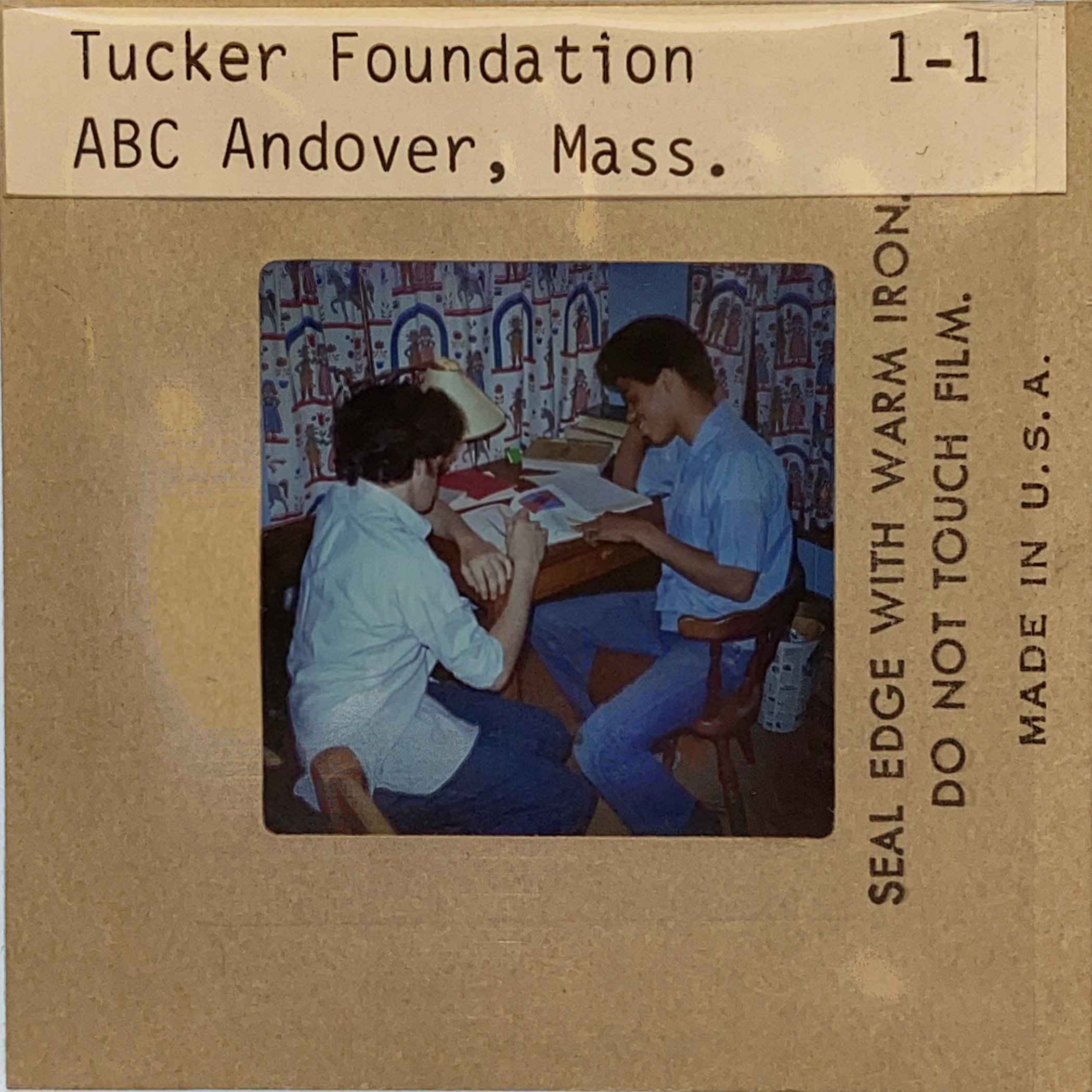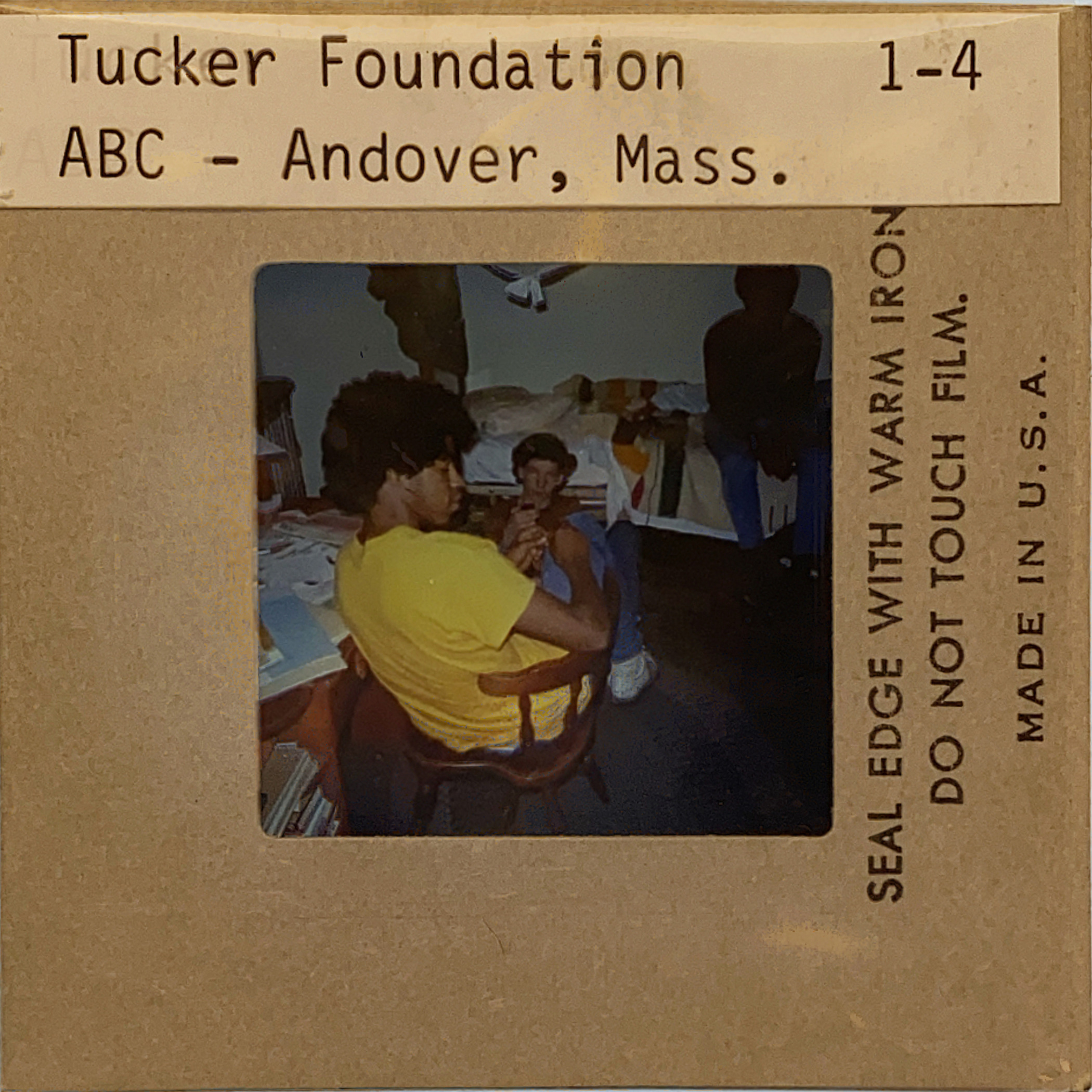Recruitment and Project ABC: Crying Out to the Rest of America
Recruiting
In March 1969, Ron Talley wrote a piece in the Dartmouth Alumni Magazine. At this time, the publication was a notorious forum for bigotted alumni to express their frustrations about the diversification of campus. He talks about the Admissions office and the Afro-American Society working together to recruit students from disadvantaged areas. "Realizing that ours is not the only voice in the wilderness, Dartmouth has moved to bring the voices within earshot of each other," Ron wrote. They recieved names from the Independent Schools Talent Search Program and then would reach out to encourage them to apply to Dartmouth. He talks about the success they had had, meeting with over one hundred candidates on trips to poor rural and urban areas. However, these trips were planned and executed by members of the AAm, working around their schedules as full-time students. In this article, Ron asks alumni for much needed help with this program.
In an oral history of Errol Hill, the first Black professor at Dartmouth and later the Affirmative Action officer, Hill spoke of how he would convince Black students to attend: "You had to sell the environment, the opportunity for serious work and study as well as the name value of Dartmouth. At Dartmouth, it had been used and is still being used as a stepping stone for many of them ... to put Dartmouth on their records. [...] They could put it on their records and move into another opportunity."
Ultimately, these recruitment efforts greatly increased the number of Black students that applied to and came to Dartmouth (see photo). The early Black students at Dartmouth built a community from the ground up: creating support systems, growing the community, and turning their attention outward to the rest of America.
Project ABC
In his article about recruitment, Ron writes: "If the College is going to commit itself to improving the future potential of these students by giving them the opportunity to attend Dartmouth, then it must go one step further by recognizing the problems of the Black student and attempt to provide for some viable solutions." One of the ways Darrtmouth addressed this was its participation in the A Better Chance Program. This program had a few branches: it relocated qualified students to elite private schools and, later, public schools. There was also a summer bridge program that brought students to Hanover to help prepare them for this new, rigorous education.
"ABC was, in my opinion, a lot like what I had experienced as a child in public school in New York City," Ron said. "Project ABC was a program based on the sociological idea that students from disadvantaged areas could do just as well academically and have greater success in life if they were given an opportunity to go to school outside of the neighborhoods that they lived in. ABC actually moved students from everywhere from the rural south to some of the inner cities into rather affluent or certainly upper middle class white communities."
Research papers, such as this one, were published detailing the scholarly and pyschological effects of Project ABC. "In 75% of the cases the ABC boys themselves reported the experience as beneficial, in 17% mixed, and in 6% as definitely harmful," Wessman writes in his report. "However, 26% reported greater tension and anxiety; 15% discouragement with their limitations; and 10% less drive and dedication."
"Uprooting those students and putting them in that environment also meant that they needed some support in a lot of ways. It was not simply the academic tutoring, but it was also having people who understood their backgrounds and could help them navigate what it was that was happening to them." When Ron himself was uprooted in a similar experiment at age eight, there was no one to help him navigate the new experience. Ron spent a term as a resident tutor in Andover, MA, living with boys who were relocated to attend the local high school. As you can see from the Andover photos below, they sought to make this house have a dormitory feel. After high school, some of the boys Ron tutored ended up at Dartmouth. To this day, they keep in touch with a video call every other week.



